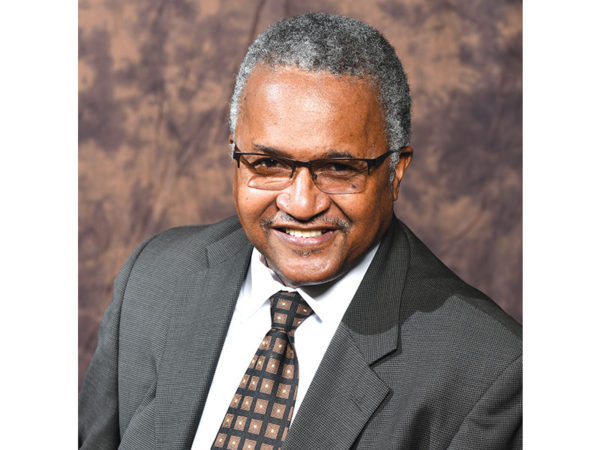I have been mentoring boys for nearly 50 years and one of my greatest joys is to see many of those that I have tried to teach about manhood, actually living what they were taught.
They are not alone, there are millions of Black men in America who are stepping up to own the title of being a father, rather than just a “baby daddy.”
As Father’s Day approaches, there are contradicting views about Black fatherhood and whether or not the presence of real Black men is diminishing.
How do you measure a real Black man? To some, a real man is one that is physically strong, able to endure pain and perform great feats of strength. A man is often measured by the height of his ambitions, dreams and goals.
Others measure him by the depth of his pockets or the breadth of his compassion. Regardless, the measure of a man differs, depending on one’s perspective.
No matter what one’s estimate of a man is, the current national sentiment is that there is a shortage of real African-American men.
While there are no statistics that indicate that there is a decline in the number of African- American male births, there is a general feeling in our community that real Black men are a diminishing presence. That conclusion is supported by what we see and hear in the media.
A 1995 study by the National Rainbow Coalition Commission on Fairness in the media showed that: 1) African-Americans appear on the news as criminals twice as often as other groups; 2) Of 620 television shows on prime time television between 1955 and 1987 only five percent show African Americans as professionals while 94 percent show whites as executives. 3) Black men are virtually invisible on commercials between Saturday morning cartoons 4) Blacks are projected generally in two stereotypes “Sambo or Savage,” Thus both Black women and Black children evolve with a negative image of Black men.
The images that remain are stereotypes that suggest that a Black man is less than admirable. There was a hit song a few years ago called, “That’s just my baby’s daddy.” It was a redundant chant given in a low budget recording in which a woman describes the father of her child as, “Just my baby’s daddy!” The question is asked, “Who dat is?” and the answer comes, “That’s just my baby’s daddy! “ It’s a nineties take on the phrase of the 70’s and 80’s, “A black man ain’t nothing.” The song seems to reinforce the common belief that Black men, all Black men, are less than desirable.
The phrase “Just my baby’s daddy” is a general indictment of a growing subclass of men who are either unable or refuse to assume the role of father to their children. “Just my baby’s daddy” is a statement of lost respect for some men who have left the job of fatherhood to either a mother or the state.
Men should be concerned because while America chuckled at the simple little song, the fact that it sold millions and has made it into the nation lexicon of phrases should concern us.
The man who fathers a child and disappears, is “Just my baby’s daddy!”
The man who has little time for his children, especially in the formative years is running the risk of becoming, “Just my baby’s daddy!”
The man who provides little or no support for the nurture and welfare of his children is generally described as “Just my baby’s daddy!”
Fortunately, there are millions of men who are more than just “baby daddies.” These are the men who provide time and resources for their children. Time is essential. Time to play and laugh.
Time to dream and travel and guide and nurture.
Even single dads should make time to be around their kids and to teach them every honorable thing they know.
There are millions of Black fathers who are more than a name on a check. They are real men who earn the title of father.
I’ve had the joy of watching hundreds of boys that I have mentored become men. For me, all of them are just like my sons.
I wish them all a happy Father’s Day!


